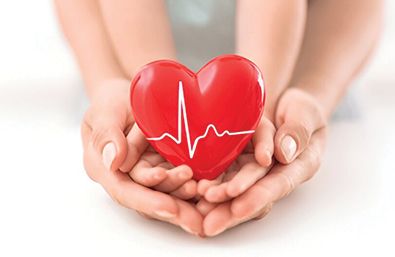Electrophysiology
Electrophysiology at KIMSHEALTH focuses on the electrical activity of cells and tissues and plays a vital role in identifying and managing irregular heart rhythms, such as arrhythmias. Our team of expert cardiologists uses advanced diagnostic tools to study the heart’s electrical signals. This not only helps diagnose the root cause of rhythm disturbances but also allows us to craft individualized treatment plans tailored to each patient’s condition.
With a multidisciplinary approach, we bring together different specialities to offer well-rounded care. We emphasise minimally invasive methods that treat the underlying issue, support faster recovery, and reduce the risk of complications. Our goal is to manage heart rhythm disorders with precision, empathy, and long-term success.
Our Key Services
- Electrophysiology Studies (EPS): These diagnostic tests help map the heart's electrical pathways to identify the exact origin of abnormal rhythms.
- Catheter Ablation: It is used to treat conditions like atrial flutter, atrial fibrillation, and ventricular tachycardia. It targets the defective tissue causing the irregular rhythm, offering patients lasting relief.
- Pacemaker and ICD Implantation: Pacemakers help regulate slow heart rhythms, while Implantable Cardioverter Defibrillators (ICDS) monitor and treat life-threatening arrhythmias, reducing the risk of sudden cardiac arrest.
- Cardiac Resynchronization Therapy (CRT): It is designed for patients with heart failure caused by abnormal electrical conduction. It helps the heart's chambers beat in sync, improving overall function and relieving symptoms.
- Tilt Table Testing: It is used to diagnose unexplained fainting or dizziness by observing changes in blood pressure and heart rate when the patient is tilted upright. It helps detect conditions like vasovagal syncope and orthostatic hypotension.
- 24/7 Monitoring and Follow-up Care: We provide continuous monitoring and regular follow-ups to ensure patients remain stable and progress smoothly through their recovery journey.











